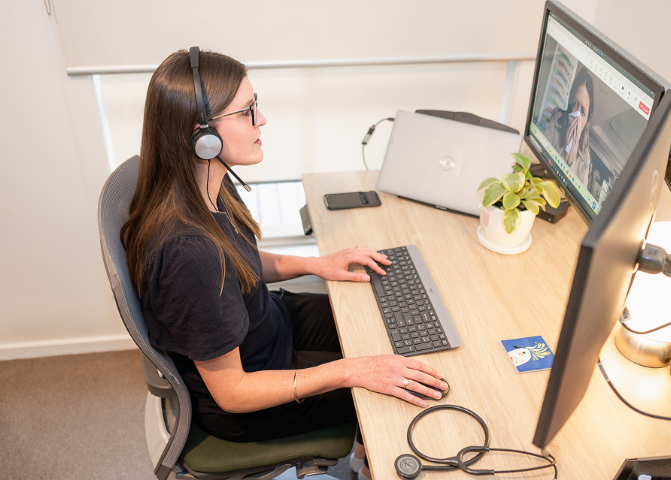14/09/2024
How to Stop an Anxiety Attack: Immediate Strategies and Long-Term Prevention
If you’ve ever experienced an anxiety attack, you’ll how scary and uncomfortable they can be. Sadly, anxiety and panic attacks are common in Australia; up to 35% of Australians will experience a panic attack.
But by learning immediate coping strategies as well as long-term prevention techniques, we can gain the strength to handle and eventually overcome anxiety attacks.
Let’s look into how to stop an anxiety attack, covering both immediate coping methods as well as long-term anxiety management:
What is an anxiety attack?
An anxiety attack, or panic attack, is a short outburst of intense anxiety which causes physical feelings of fear. These can include a racing heartbeat, shortness of breath, dizziness, clenching jaw, trembling and muscle tension. They can last between a few minutes and half an hour.
Immediate coping strategies for anxiety attacks
There are several key strategies to employ when trying to cope with an anxiety attack. While it may be uncomfortable and overwhelming, it’s important to remind yourself of these strategies:
Be kind to yourself
Avoid getting frustrated with yourself, or telling yourself to calm down or to ignore your anxiety. This causes you to focus even more on your symptoms.
Reassurance
Remind yourself that while panic attacks are uncomfortable, they’re not life threatening and you will feel better within a few minutes.
Healthy distraction
It might seem counterintuitive, given that it’s not recommended to ignore your anxiety attack symptoms, but healthy distraction can help greatly. Distract yourself from your symptoms by counting backwards threes from 100 or by singing a favourite calming song. Exercise is an effective and healthy way to distract yourself.
Embrace and overcome
Allow yourself to experience the symptoms and let them pass. Evading your panic attack only reinforces the idea that you’re unable to cope with anxiety attacks, causing you to fear them even more. By letting the symptoms pass, you gain confidence in coping with anxiety attacks. Daily exercise, as simple as a 20 minute walk in sunlight is important.
Sunlight
Exposure to sunlight promotes the production of chemicals that help us stay calm and focused. It can also reduce anxiety, lift our mood, increase energy levels, and enhance our overall sense of well-being.
Long-term management strategies
When it comes to long-term anxiety attack management, professional treatment is always the best approach. This includes:
Therapy
Cognitive behaviour therapy to alter patterns of thinking, beliefs and behaviours that lead to anxiety. It has been proven effective in reducing anxiety attacks.
Medication
Medication (as prescribed by your mental health clinician) may be used to stabilise your emotions and reduce chance of panic attacks.
Lifestyle changes
Anxiety is often exacerbated by poor lifestyle choices such as lack of exercise or poor dietary habits. Switching to a healthier lifestyle with more time spent in nature can alleviate anxiety attacks.
Anxiety attacks are far from pleasant, but Medmate can help you get the help you need for anxiety attacks. Our team of telehealth professionals specialising in mental health care are committed to helping you feel better. We provide personalised care from the comfort of your own home, making it simple and convenient to get treated. Take the first step towards overcoming anxiety and book in for a consultation today.
Recommended reading
Search for a specific topic or filter by categories to find information on what you need to know on the full Medmate Journal

What Are Antihistamines and How Do They Work?
If you experience sneezing fits in spring, itchy skin after contact with something new, or watery eyes around pets, you may have been told to take an antihistamine. But what…
